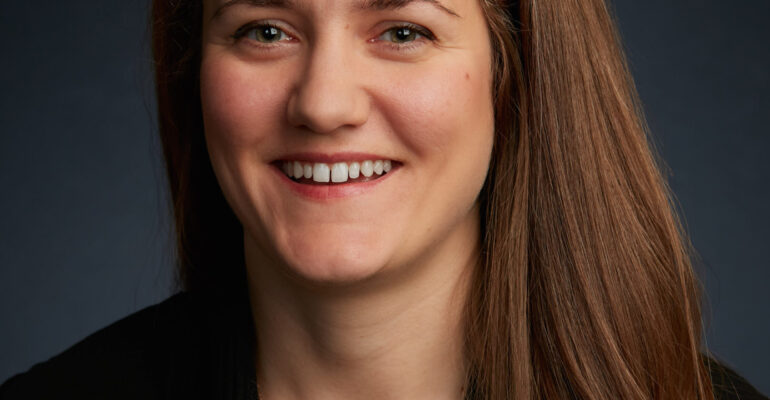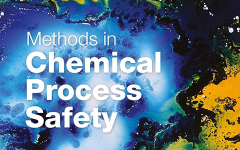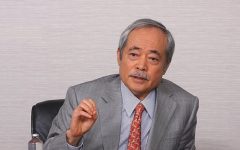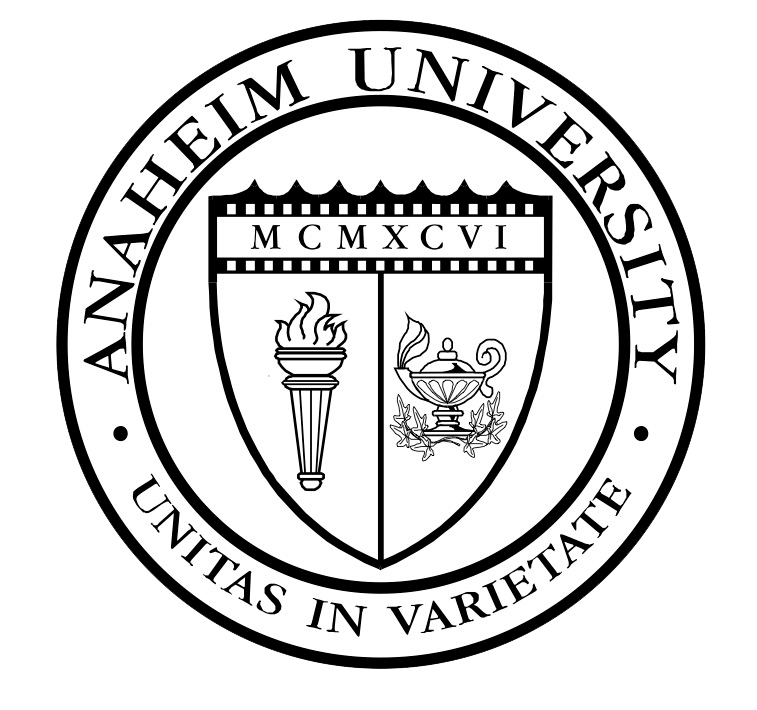Anaheim University Graduate Interview – Ryane Willis
July 24, 2018 2025-01-17 11:46Anaheim University Graduate Interview – Ryane Willis
1. Why did you choose Anaheim University’s MA in TESOL program?
I chose the Anaheim program because it gave me access to pioneering researchers in the field of TESOL. There was a level of quality in the instruction that I could not find in my home state.
2. Can you tell us about your career to date?
I have taught in an Intensive English Program (IEP) for the past 5 years. 3 years into my career, I realized that I would not be promoted without a MA degree in the field. I decided to go back to school for my second master’s degree. Now I work full-time at the University of Oklahoma as an instructor at the Center for English as a Second Language.
3. How do you expect your master’s to further your career?
My master’s degree has already furthered my career. I’ve developed into a different teacher as a result of the degree. I approach my classes with a critical mindset, look for trends and data, and reflect on the research so I can implement it in my courses.
4. Can you share a favorite memory from Anaheim University?
The residential sessions are always the highlight of the program.
5. Did you have a favorite class at Anaheim University?
I had mainly excellent classes. EDU 570 taught me how to analyze my own tests, EDU 530 Discourse Analysis helped me understand the challenges my students face in understanding authentic discourse, and EDU 520 helped me actually teach pronunciation in a meaningful way. Each of these courses changed the way I teach.
6. How did you enjoy the online experience?
I enjoyed the online experience because I got to collaborate with teachers in different settings. Their teaching situations brought insight into my own setting.
7. Who would you recommend Anaheim University’s MA in TESOL program?
I’d recommend someone with a bit of teaching experience under their belt. I think it would be hard to enter this program without ever stepping foot in a classroom, but getting to study your own students and your own teaching deepens your learning on the subject.
8. What were the challenges in your program?
It takes a lot of energy to teach all day and work on a master’s at night. Even though you are tired, there is so much value in learning as you are teaching. You learn new ideas in your Anaheim classes and then try them in your English classes. Essentially, you learn everything twice. It is a very worthwhile process.
9. In your opinion, how does learning TESOL improve careers for ESL teachers?
I think a TESOL degree accelerates the process of becoming a professional educator. It gives you the confidence and perspective beyond your own experience. Experience is an excellent teacher, but it is important to be exposed to new ideas.
10. How did you feel connected to your learning community?
You end up taking classes with many of the same people. It is strange to hear someone’s voice in real life after talking to them online for a year. Overall, you end up with a great network of professionals all over the globe.
11. What advice can you give to new students entering the MA in TESOL program?
Don’t be afraid to ask questions. Everyone has a different context for teaching, and sometimes you see something in a different way. This can be really valuable.









